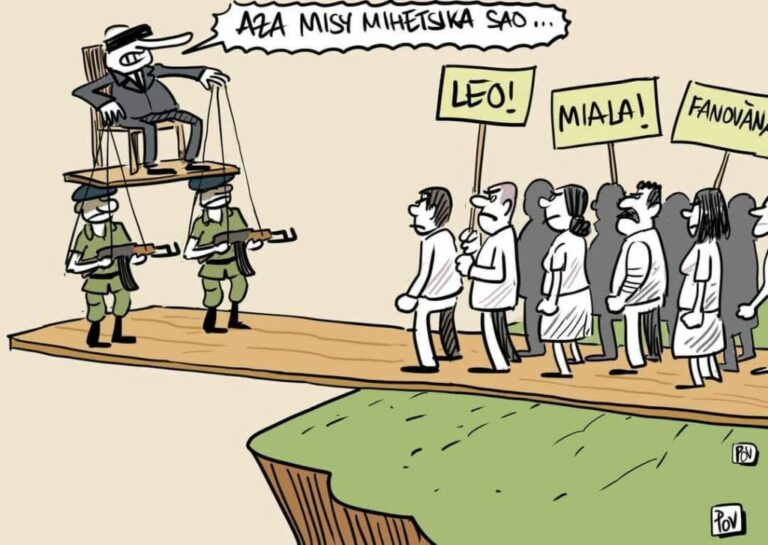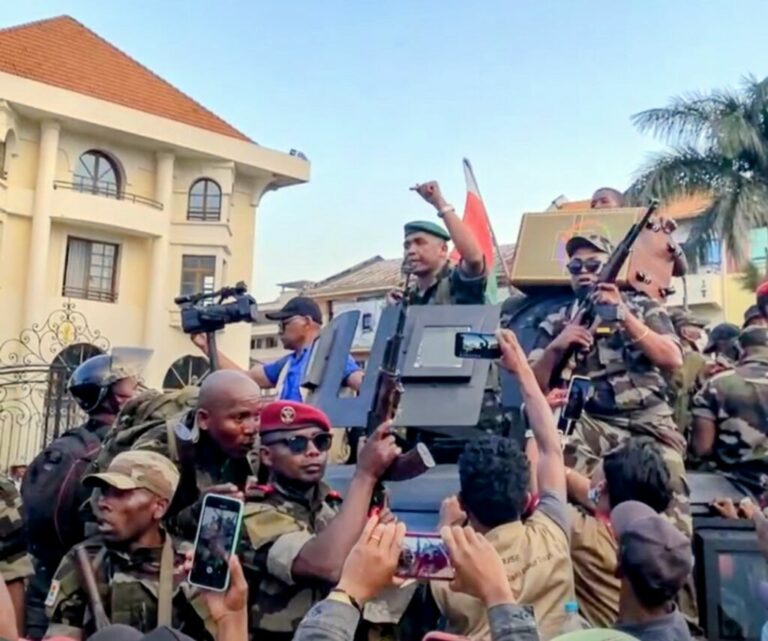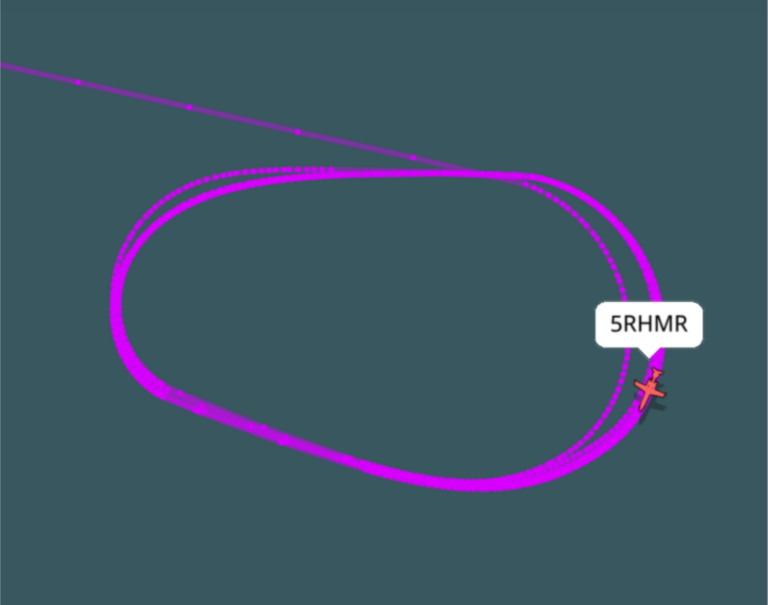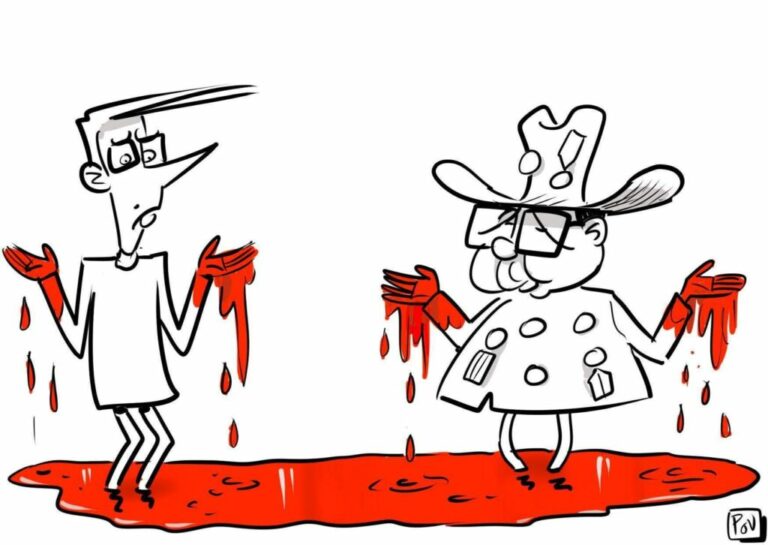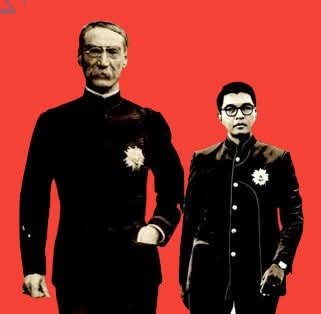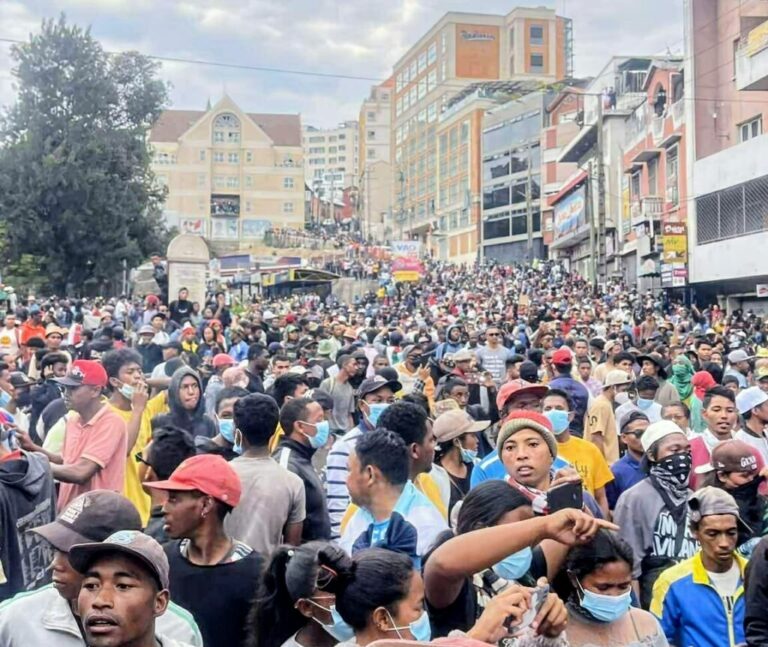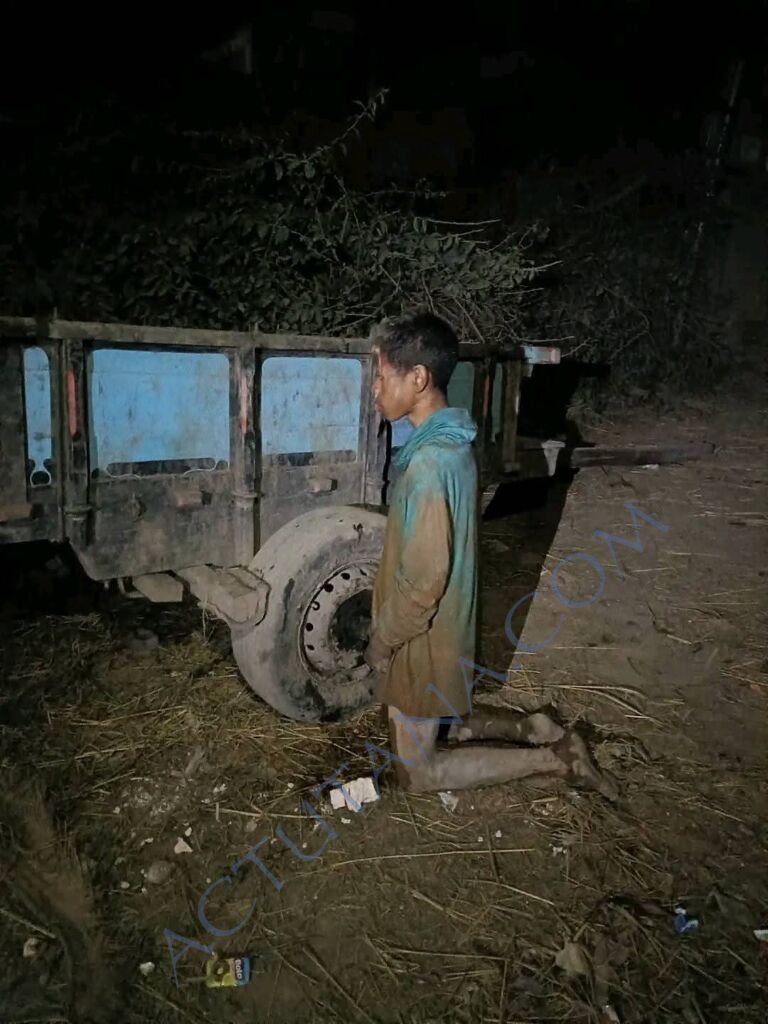
If you thought Malagasy politics were a bed of roses, think again.
Since 2009, Madagascar has been a bit like the B-movie of development: a fantastical scenario with twists and turns that leave you speechless, and a public (us, the Malagasy) who always pay the high price.
We all remember the 2009 crisis, the coup d’état that unleashed untold chaos. Andry Rajoelina arrives, Marc Ravalomanana leaves, and the international community, annoyed, turns its back on us.
The result? The floodgates of international aid are closed, investments flee like rabbits, and the already fragile Malagasy economy takes a massive blow.
Just imagine: we’re already on a knife’s edge, and bam, the cord is cut!
The economy is in survival mode, and the people are in “we’re starving” mode
Since then, the Malagasy economy has been running at a standstill. We talk about growth, yes, but it’s anemic growth that only benefits a handful of well-connected individuals.
The rest of the population? They’re sinking deeper into poverty every day. The numbers prove it: millions of Malagasy people live below the poverty line, malnutrition is rife, and access to basic services like healthcare and education is nothing short of miraculous.
Prices are soaring, unemployment is skyrocketing, and inflation is eating away at already meager purchasing power. The informal sector is the only lifeline for many, but it also reflects an economy struggling to create decent jobs.
It seems like every day is an obstacle course for survival.
Corruption, Governance, and Bullying
And the worst part? Corruption. It’s everywhere, it’s eating away at everything. From small bribes to major embezzlement, it’s a national sport that’s further impoverishing the country.
Natural resources, supposed to be a blessing, are becoming a curse for the population, plundered by a few, with the silent or active complicity of those who are supposed to protect the country.
Governance? A vast minefield. Political instability is a constant, institutions are weak and often exploited, and the state struggles to fulfill its sovereign functions.
We feel like we’re in a rudderless boat, tossed by the waves, with a captain who changes regularly and who, in any case, doesn’t know where he’s going.
And the future? Fingers crossed (but it’s not enough)
So, since 2009, Madagascar has been the story of a country stagnating, even going backward in some areas. The promises of development are beautiful on paper, but the reality is cruel. The population, resigned but resilient, is trying to get by with whatever means are available.
We’re told there’s hope, that the potential is enormous. Yes, the potential is there, it’s true. But as long as we don’t tackle the roots of the problem—corruption, poor governance, the lack of long-term vision—we’ll continue to flounder in the void.
And for now, it’s clear that Madagascar’s socio-economic situation is a bit like the same old movie, with the same actors switching roles, but an ending that remains desperately the same.
What do you think? Do you agree with this uncompromising vision?

 5119.73 ar
5119.73 ar 4374.44 ar
4374.44 ar
